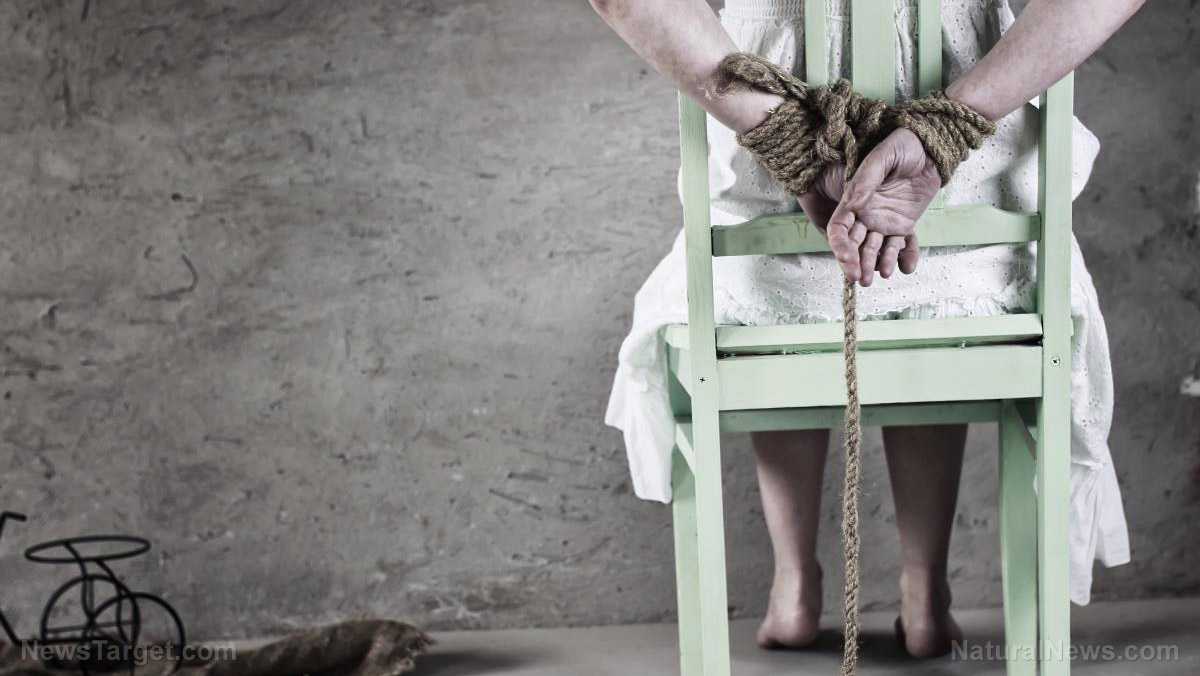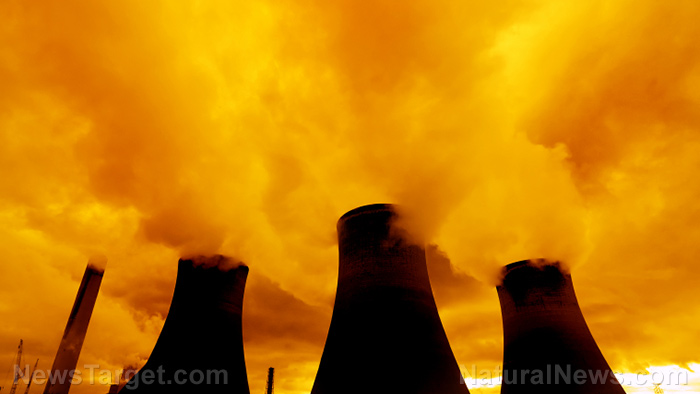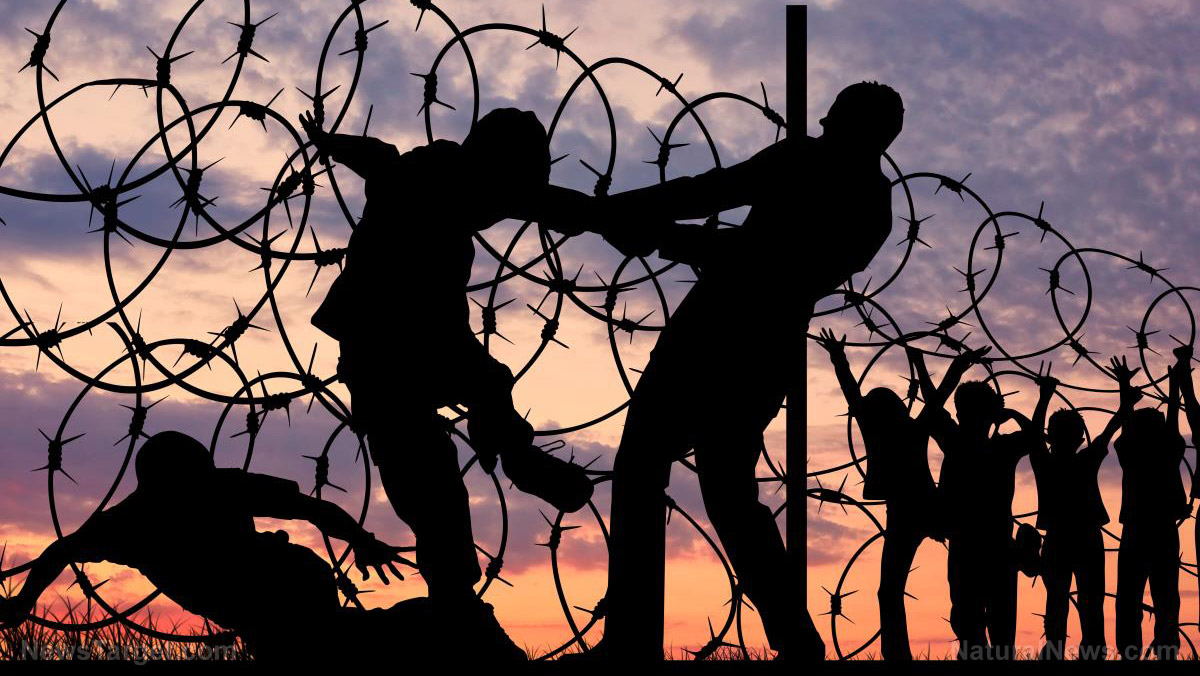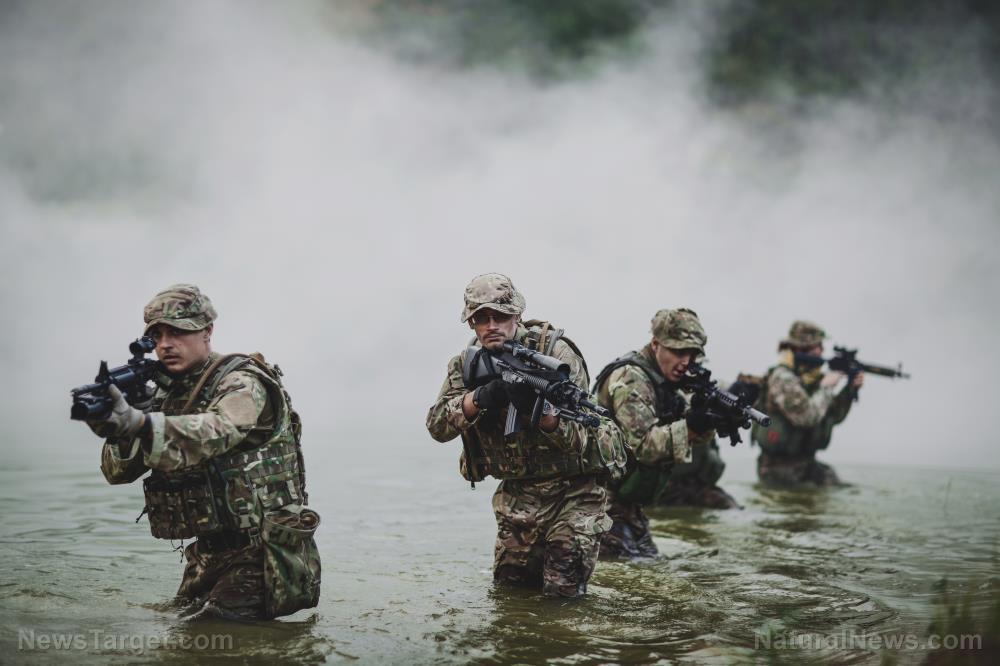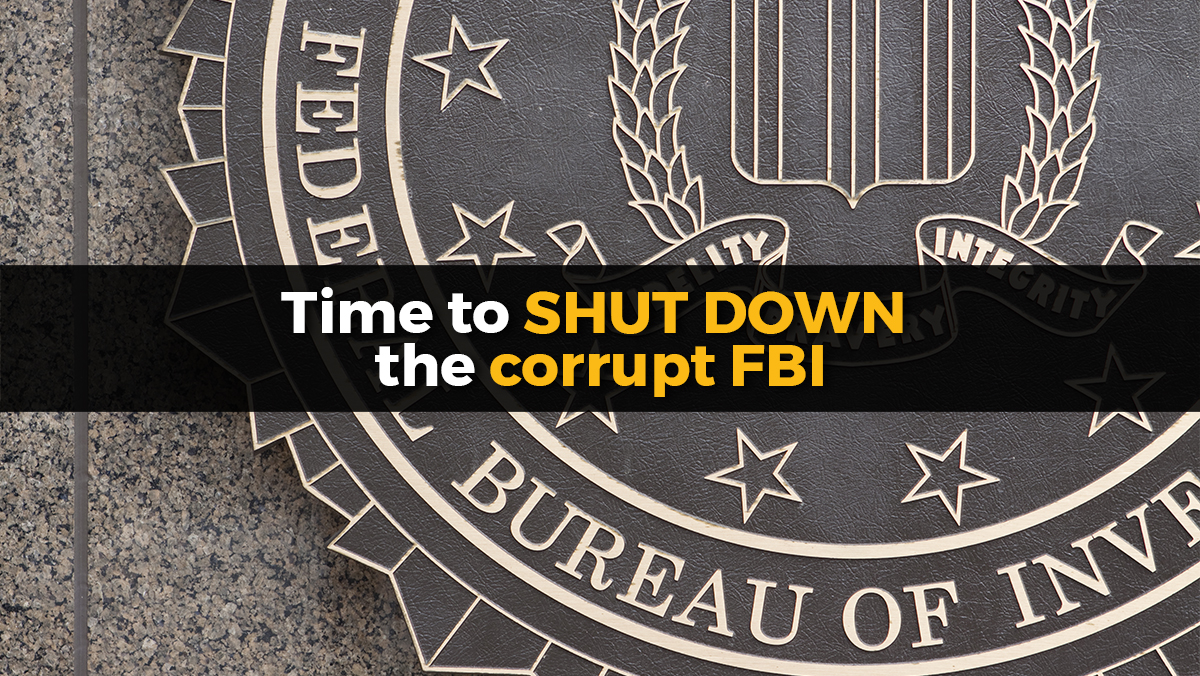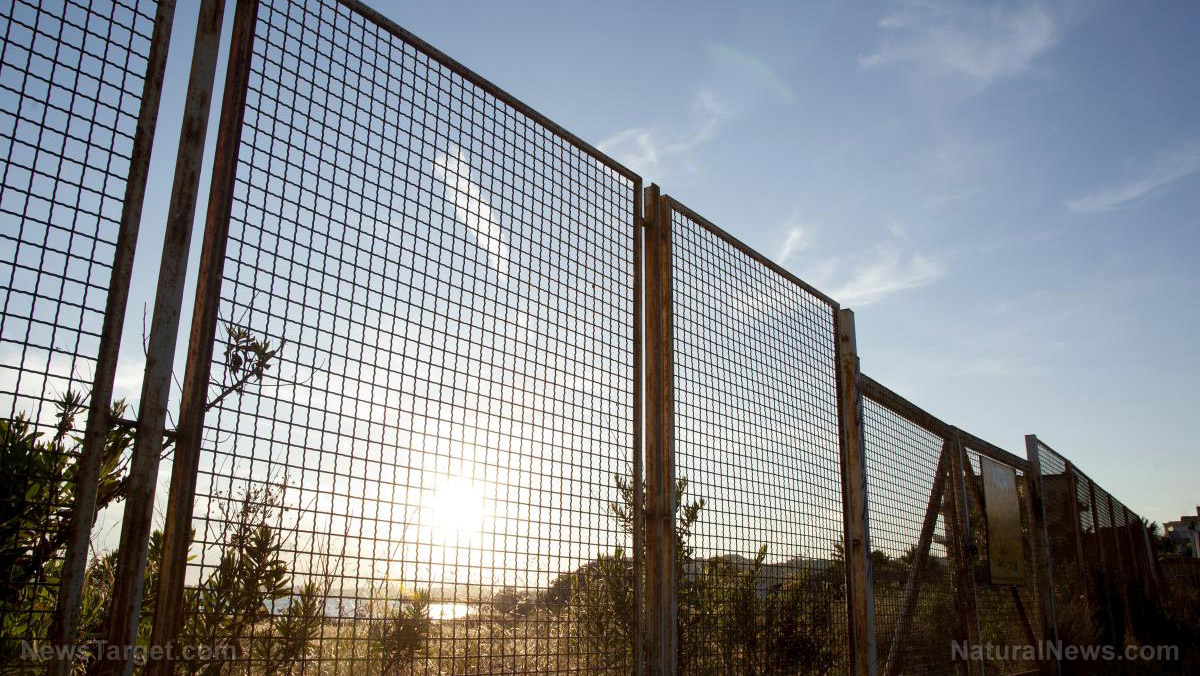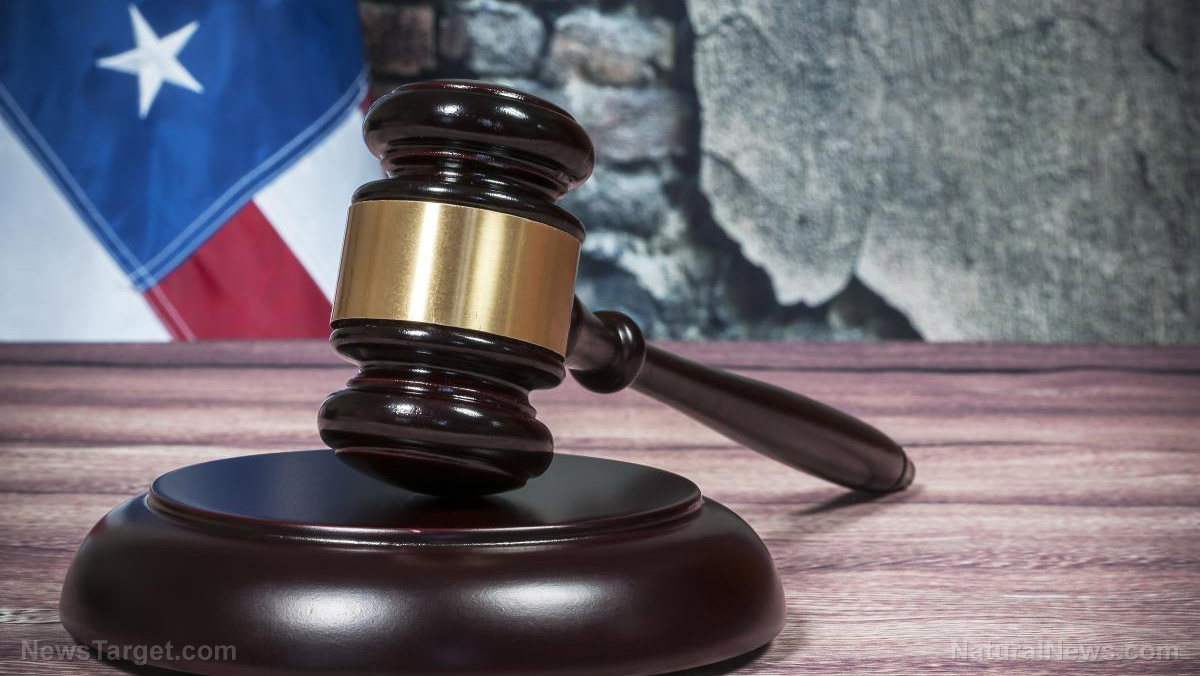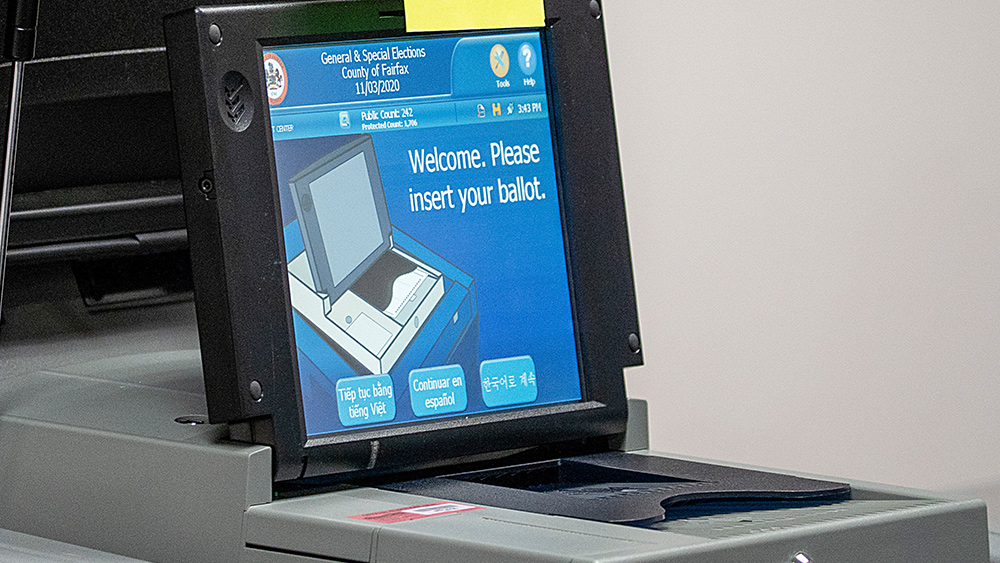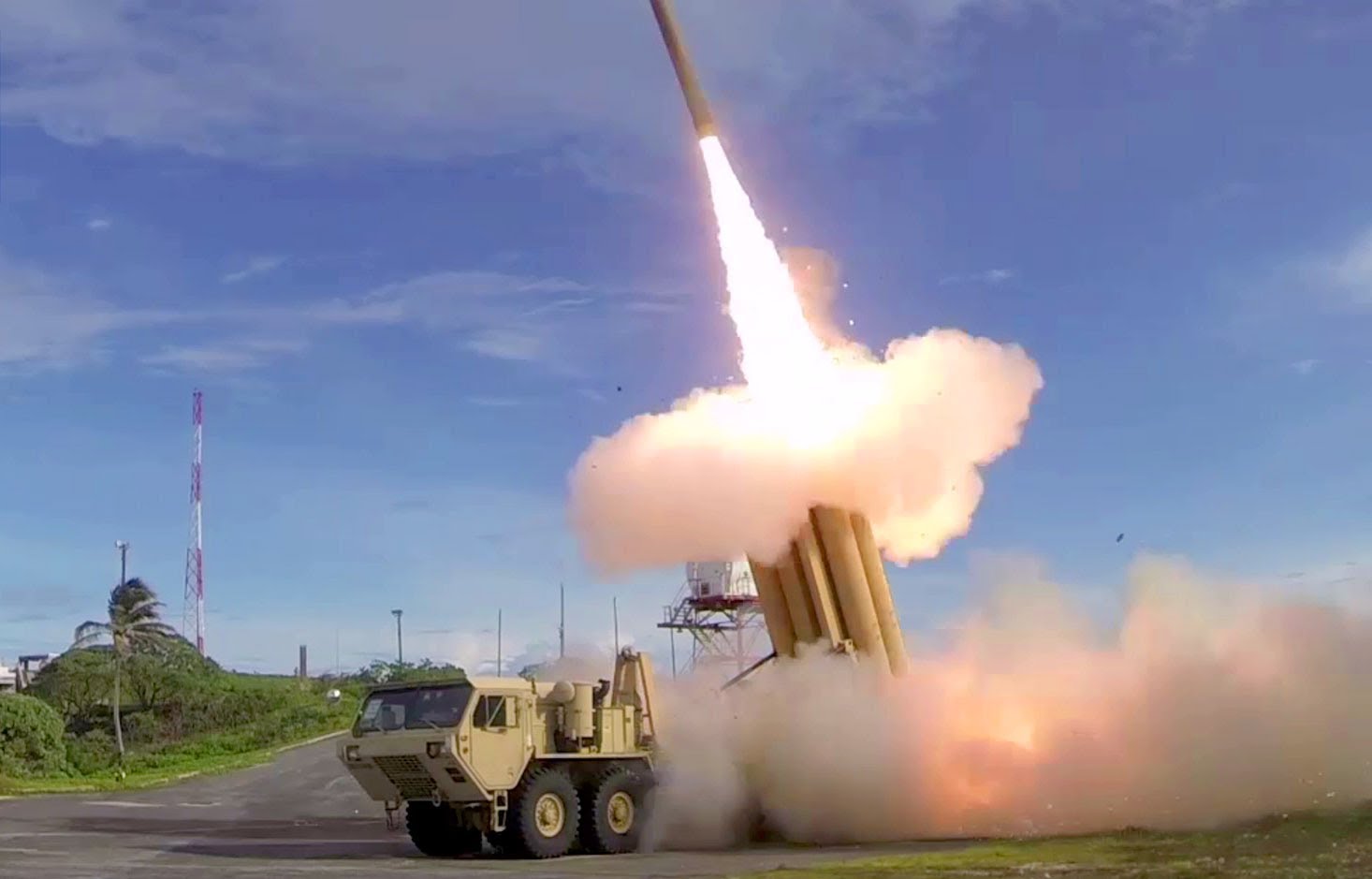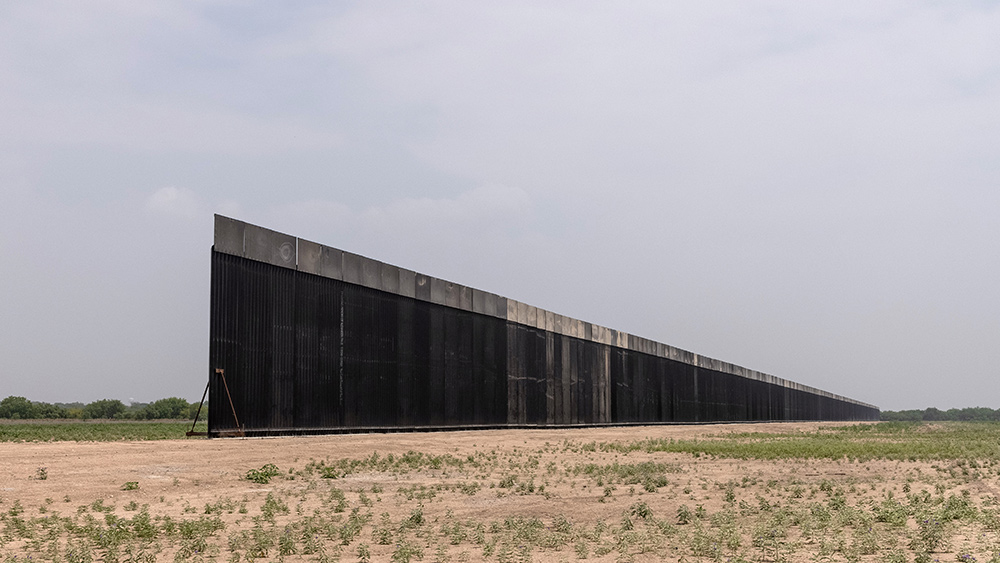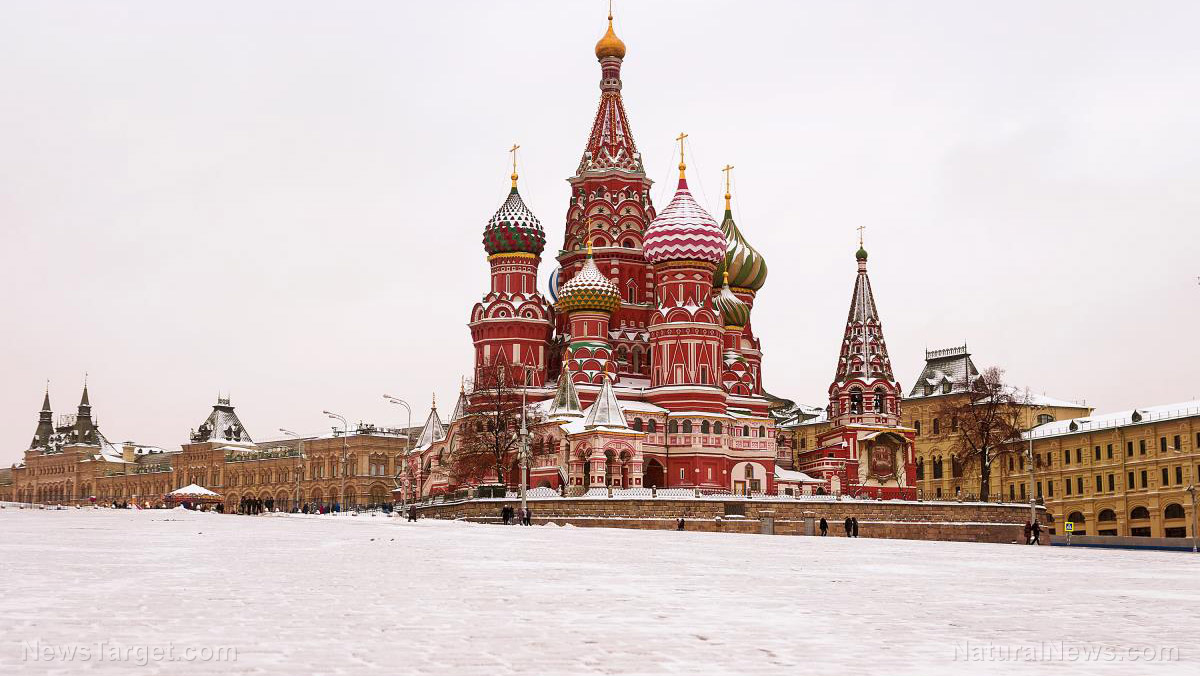Russia likely to default on sovereign debt payments
03/14/2022 / By Mary Villareal

Russia got another slash in its credit rating on March 8 as Fitch Ratings warned that Moscow is likely to default on its sovereign debt payments.
Less than a week after Fitch downgraded Russia to junk status and put Moscow on the “rating watch negative” following its invasion of Ukraine, the agency cut the rating even further by six notches, slashing Russia’s rating from “B” to “C” and noting that the downgrade reflects the agency’s view that sovereign default is imminent.
The agency noted that the developments since the March 2 downgrade “further undermined Russia’s willingness to service government debt.”
These “developments” include the decree issued by Russian President Vladimir Putin on March 5 that could force the country’s foreign currency sovereign debt payments to be made in rubles than hard currency.
A recent rule issued by Russia’s central bank also restricted coupon payments on the ruble-denominated government bonds, known as OFZ, barring such payments to foreigners.
“More generally, the further ratcheting up of sanctions and proposals that could limit trade in energy increase the probability of a policy response by Russia that includes at least selective non-payment of its sovereign debt obligations,” Fitch said in a statement.
This comes as the West imposed crippling sanctions on most of the Russian financial and corporate system following its invasion of Ukraine, which Putin described as a “special military operation” to disarm the country and its “neo-Nazi” leaders.
Kyiv and its Western allies have since dismissed Putin’s rationale as a groundless pretext for an unprovoked act of aggression against a sovereign and democratic country.
On top of the formal sanctions, major western businesses and high-profile brands such as Starbucks and McDonald’s have taken steps to exit the country or suspend their operations. Shell also announced its plans to withdraw from Russian oil and gas, and Unilever said it will stop imports and exports to the country. (Related: Russia switches to China-based credit card system after VISA, MasterCard ban as global financial realignment quickens.)
Russia retaliates against Western sanctions
In retaliation to the Western sanctions, Russia has since imposed capital controls to prevent the foreign currency flowing out of the country.
On Wednesday, March 9, Peskov also put the United States on notice for imposing a ban on imports of Russian oil and energy, saying that Moscow was thinking very seriously about how to respond. “The United States definitely has declared economic war against Russia and is waging this war,” he said.
However, Peskov did not provide details about Moscow’s response. Instead, he noted that Russia would do what is best in serving its interests.
More than two million people have fled Ukraine since Russia’s invasion, and NATO Secretary-General Jens Stoltenberg described the situation as “Europe’s fastest-growing refugee crisis since the Second World War.”
Former Russian President Dmitry Medvedev said the Kremlin is using a “symmetrical response” to the sanctions imposed by the west, including the seizure of foreign assets and their possible nationalization. “The same applies to the refusal of foreign companies to work in our country,” he said.
Further, he accused the western firms leaving the country of being “moronic for dancing to the tune of Washington and Brussels.”
Russia also announced plans to exert pressure back on the west through their own economic sanctions, including an export ban on timber, electronic and telecoms equipment. (Related: Treasury Secretary Yellen warns country will be financially insolvent by October if debt ceiling isn’t raised.)
All these come before Russia heads closer to defaulting on government debt payments that could lead to financial losses for holders of Russian sovereign bonds.
Watch the video below to know more about Russia’s financial situation these days.
This video is from the InfoWars channel on Brighteon.com.
More related stories:
Ongoing Russia-Ukraine conflict pushing global economy closer to collapse.
Here are the countries most likely to face hunger crises thanks to Russia’s invasion of Ukraine.
More states sign up for national vaccine pass as Ukraine-Russia conflict distracts Americans.
Follow Collapse.news for more updates on Russia’s imminent financial downfall.
Sources include:
Submit a correction >>
Tagged Under:
big government, bubble, chaos, Collapse, debt collapse, Dmitry Medvedev, Fitch Ratings, government debt, money supply, national debt, national security, retaliation, risk, Russia, Russia-Ukraine conflict, Russian invasion, Sovereign debt, Ukraine, Vladimir Putin, Western sanction, World War III
This article may contain statements that reflect the opinion of the author
RECENT NEWS & ARTICLES
COPYRIGHT © 2017 NATIONAL SECURITY NEWS


